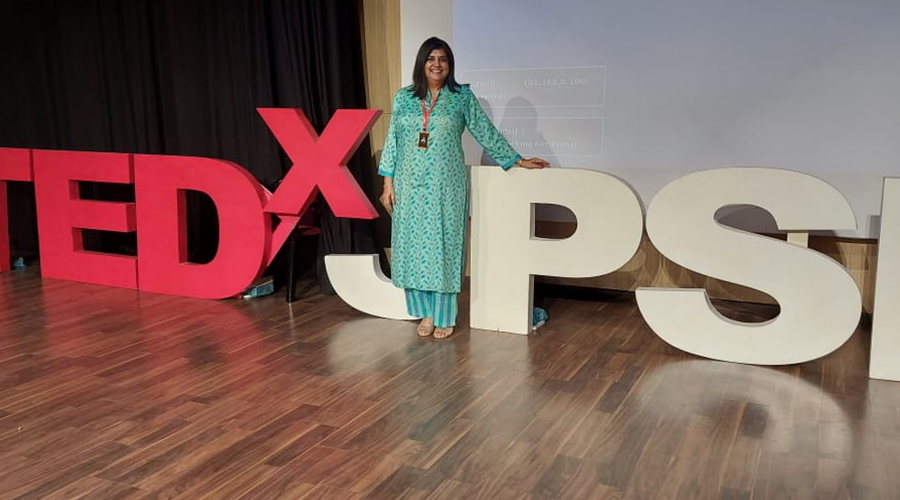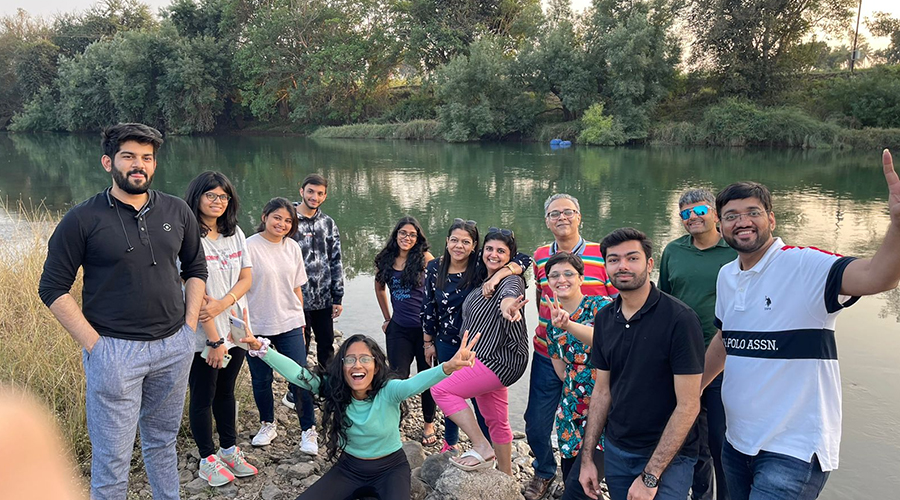
Litigation Update
The Supreme Court's recent ruling in Omkar Realtors and Developers Pvt. Ltd. vs. Kushalraj Land Developers Pvt. Ltd. & Anr. represents a significant development in consumer protection within the real estate sector. This case centres on the interpretation of "consumer" under the Consumer Protection Act, 2019, and sets important precedents for fair trade practices in real estate transactions.
Background of the Case
The dispute arose when Kushalraj Land Developers Pvt. Ltd. (KLDP) booked a flat in the "Omkar 1973 Worli" project developed by Omkar Realtors and Developers Pvt. Ltd. (ORDP). KLDP made an initial payment of ₹51 lakhs, followed by further payments amounting to approximately ₹6.8 crores. An allotment letter issued on 29 June 2016, promised possession by 31 December 2018. However, ORDP advanced the possession date unexpectedly and demanded the remaining balance of ₹28.88 crores within 30 days. KLDP discovered that the flat was already allotted to another individual, being one Mr. Nakul Arya, leading them to reject possession and stop further payments. In response, ORDP cancelled the booking on 31 August 2017, and forfeited the amounts paid by KLDP. KLDP then filed a complaint with the National Consumer Disputes Redressal Commission (NCDRC), citing service deficiencies and unfair trade practices by ORDP.
Key Legal Issues
The case hinged on two primary issues:
1. Whether KLDP, as a real estate developer, qualifies as a "consumer" under Section 2(7) of the Consumer Protection Act, 2019.
2. Whether ORDP's actions amounted to deficient service and unfair trade practices, specifically concerning the double allotment and subsequent cancellation and forfeiture of deposits.
Definition of "Consumer" Under the Consumer Protection Act
Under Section 2(7) of the Consumer Protection Act, 2019, a "consumer" is defined as a person who buys goods or services for personal use and not for resale or commercial purposes. The crucial question was whether KLDP, a corporate entity, could be considered a consumer under this definition. The NCDRC and the Supreme Court analyzed whether the flat's purchase was intended for personal use or commercial exploitation.
NCDRC's Ruling
The NCDRC ruled in favor of KLDP, recognizing them as a "consumer" under the Act. The commission found that despite KLDP being a real estate company, the flat was purchased for the personal use of a director and his family, not for resale or commercial purposes. The NCDRC also determined that ORDP engaged in unfair trade practices by double allotting the flat and failing to rectify the issue before cancelling the booking. As a result, ORDP was directed to refund ₹7.16 crores with a 6% annual interest from the deposit dates, escalating to 9% if the refund was delayed beyond two months.
Supreme Court's Analysis
The Supreme Court upheld the NCDRC's decision, affirming both KLDP's status as a consumer and the finding of service deficiencies by ORDP. Citing previous judgments, including Lilavati Kirtilal Mehta Medical Trust vs. Unique Shanti Developers and Crompton Greaves Ltd. vs. Daimler Chrysler India Pvt. Ltd., the Court clarified that entities purchasing for personal use, rather than commercial gain, qualify as consumers. The Court emphasized that KLDP's flat purchase was for residential use by a company director, not a commercial transaction.
Furthermore, criticizing ORDP's conduct, highlighting the unethical practice of double allotment and the unjustified advancement of the possession date. The Court noted that ORDP's cancellation of the booking without resolving the allotment confusion, violated principles of fairness and transparency.
Implications of the Judgment
This judgment has far-reaching implications for consumer protection in real estate:
Broadening the Definition of "Consumer": The ruling affirms that corporate entities can be considered consumers if the purchase is for a non-commercial use. This interpretation ensures broader protection for entities involved in non-commercial transactions, safeguarding them against unfair practices.
Ensuring Fair Trade Practices: The case sets a precedent that real estate developers must adhere strictly to their commitments and cannot cancel bookings arbitrarily or withhold refunds without just cause. It emphasizes transparency, fairness, and accountability in real estate dealings.
Holding Developers Accountable: The decision serves as a warning to developers engaging in unethical practices like double allotments or unjust cancellations. It upholds consumer rights and promotes integrity in real estate transactions.
Enforcing Timely Refunds: The Court's directive for refunds with compensatory interest stresses the importance of honouring financial commitments, ensuring consumers are compensated for delays, and encouraging developers to fulfil obligations promptly.
MHCO Comment
The Supreme Court's decision is a landmark ruling that strengthens consumer rights in the real estate sector. By broadening the definition of a "consumer" and reinforcing the need for fair practices and accountability among developers, this judgment will likely enhance consumer protection and promote ethical standards in real estate transactions across India.
This update was released on 02 Sep 2024.
The views expressed in this update are personal and should not be construed as any legal advice. Please contact us directly on +91 22 40565252 or contact@mhcolaw.com for any assistance.
Legal Update Team
MANSUKHLAL HIRALAL & COMPANY
Advocates, Solicitors and Notaries
T: +91 22 40565252
Mumbai Office: Surya Mahal, 2nd Floor, 5, Burjorji Bharucha Marg, Fort, Mumbai-400 023, India
Delhi Office: Block C-9, Lower Ground Floor, Jangpura Extension, New Delhi - 110 014, India
www.mhcolaw.com
"Noted lawyer in the Real Estate practitioner from India" - Chambers & Partners
Please consider the environment before printing this email
The information contained in this communication is intended solely for the use of the individual or entity to whom it is addressed and others authorized to receive it. This communication may contain confidential or legally privileged information. If you are not the intended recipient, any disclosure, copying, distribution or action taken relying on the contents is prohibited and may be unlawful. If you have received this communication in error, or if you or your employer does not consent to email messages of this kind, please notify the sender immediately by responding to this email and then delete it from your system. No liability is accepted for any harm that may be caused to your systems or data by this message.
Subscribe to our Knowledge Repository
If you would like to receive content directly in your inbox from our knowledge repository, please complete this subscription form.

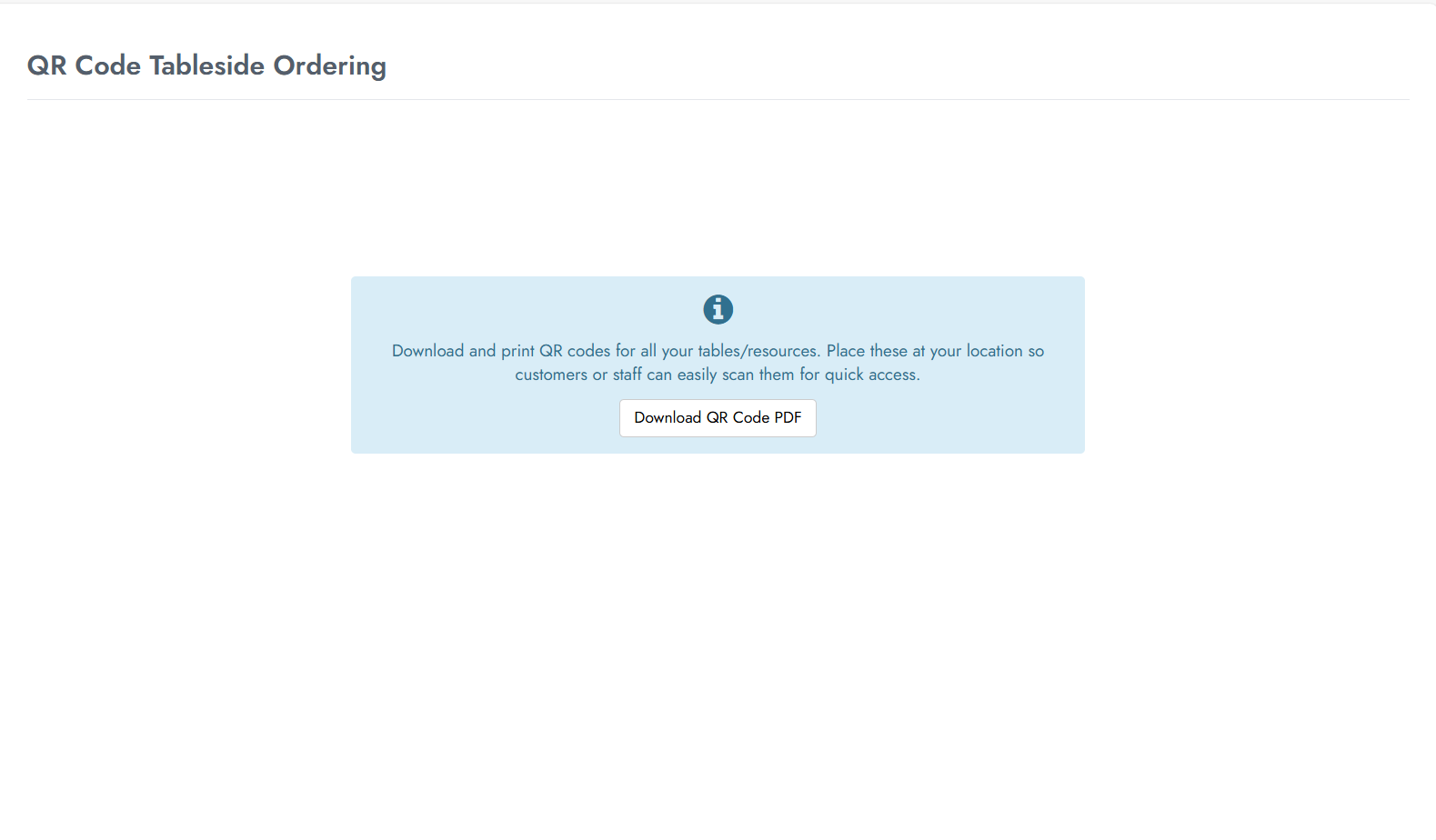

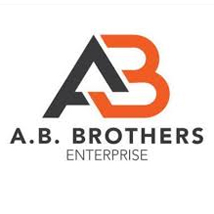












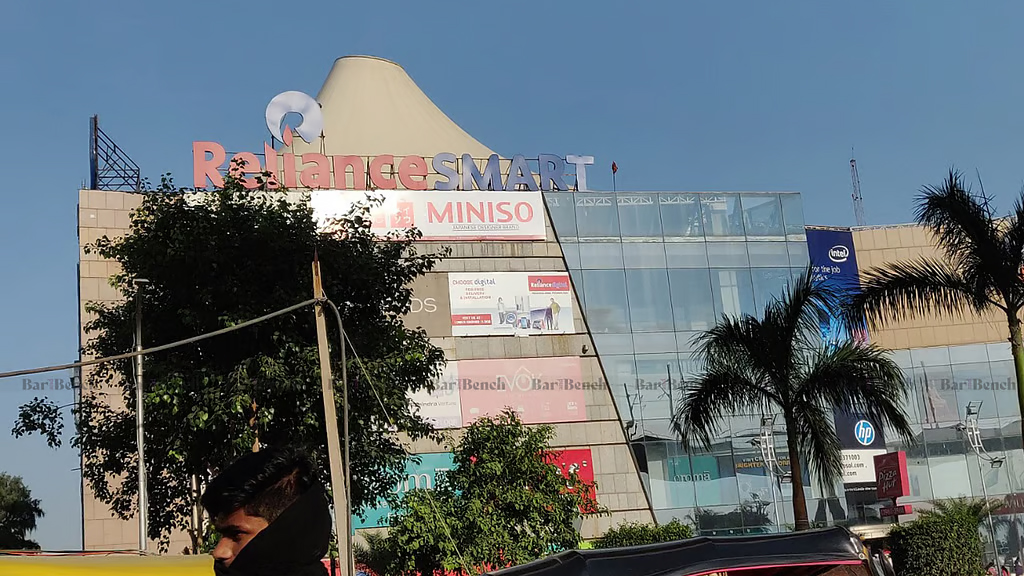




.jpg)

.jpg)
























